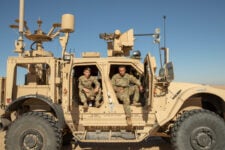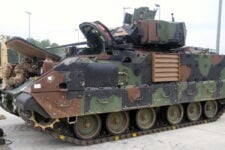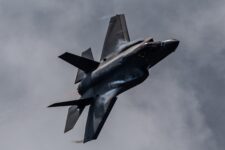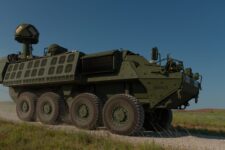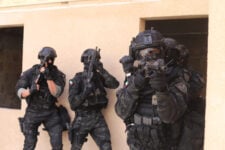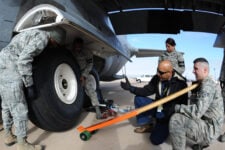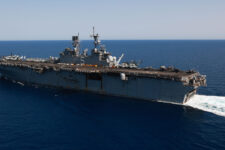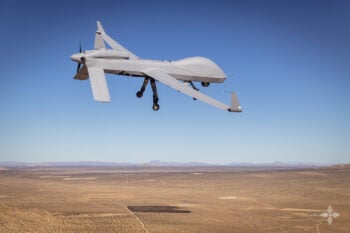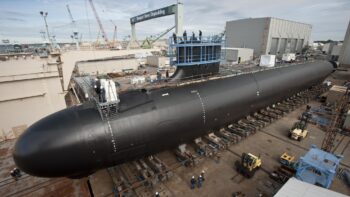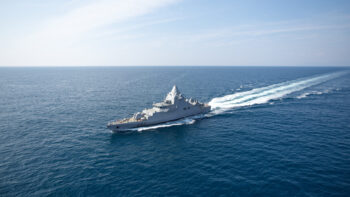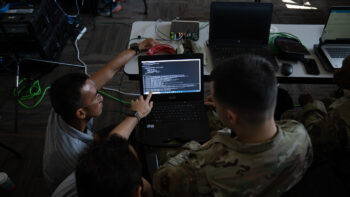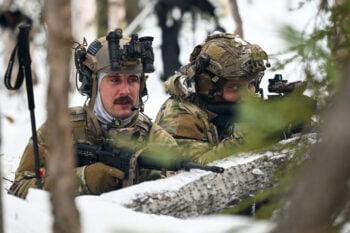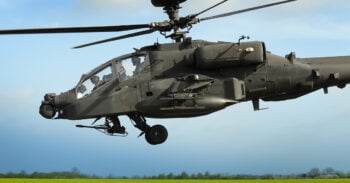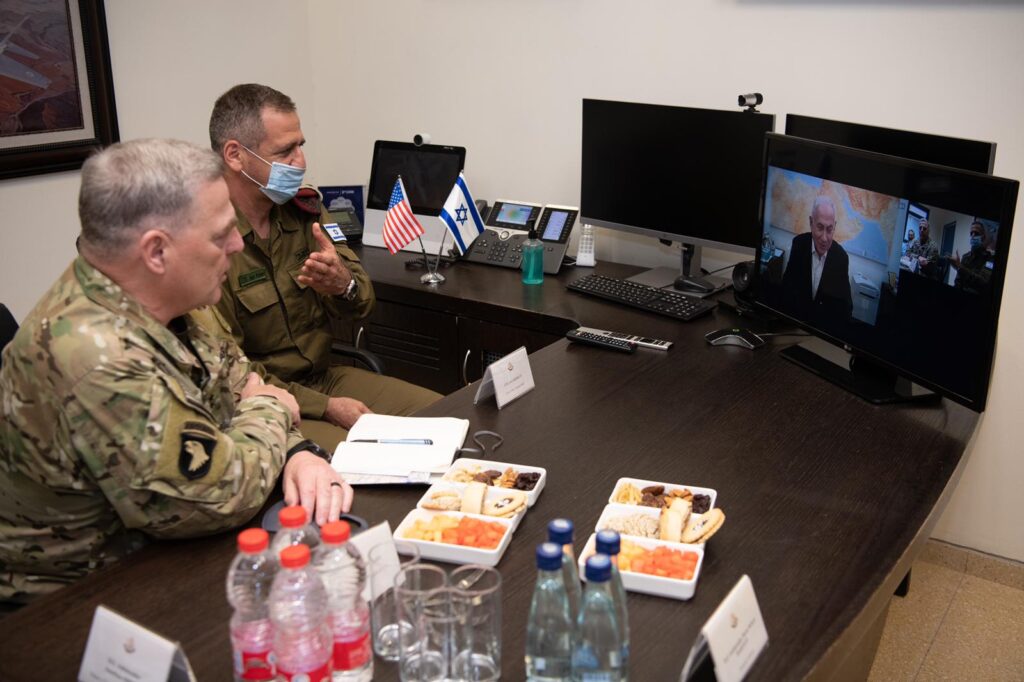
Gen. Mark Milley and the IDF chief of staff, Lt. Gen. Aviv Kochavi, conduct a video meeting with Prime Minister Benjamin Netanyahu Credit: IDF media department
TEL AVIV: The Israeli Defense Forces chief of staff has asked the government for $1.2 billion for war with Iran on top of the $4 billion the country has already spent, in a clear indication of the increasingly fraught situation in the Middle East.
“The U.S and the rest of the world should reject even a proposal to reach what is called an improved nuclear agreement with Iran,” Lt. Gen. Avi Kochavi said yesterday, in contradiction of most of what the Biden administration has indicated it is likely to do.
Israel’s defense cabinet will discuss the defense budget for 2021 in a few days.
The head of the Iranian president’s office, Mahmoud Wazi, reacted to the declaration within hours, saying the formulation of new plans to deal with the Iranian nuclear program are “worthless” and are simply part of Israel’s psychological warfare. Wazi said the Iranian army and its Revolutionary Guards are able to face any challenge.
Ron Ben Yishai, a senior defense analyst, wrote in the Y-Net news outlet that the new request is the minimum required: “In his request for the budget increase, Kochavi receives unequivocal support from both Prime Minister Benjamin Netanyahu and Defense Minister Beni Gantz.”
Israeli sources confirm that Kochavi began a “battle procedure” in spring of last year for a possible attack in Iran – a structured process from defining the mission and planning it; so he knows exactly what he needs, since attacking Iran probably means war in the north of Israel with its proxy, Hezbollah, in Lebanon and possibly even in the south with the Hamas in Gaza.
Ben Yishay writes that, “Chief of Staff Kochavi decided more than six months ago – regardless of US presidential election results — to begin preparations so that Israel has a credible military option that will allow it alone to thwart a possible Iranian possession of a nuclear bomb, and for Israel to neutralize the threat, the operational plan must be available, accurate and destructive.”
A senior Israeli source who talked with BD on condition of anonymity said the $1.2 billion will mostly be spent on “improving Israel’s capability to perform standoff attacks,” which involves acceleration of some very highly classified black programs that address this capability “with breakthrough technologies.” Some will be spent on Israel’s missile defense systems, as well.
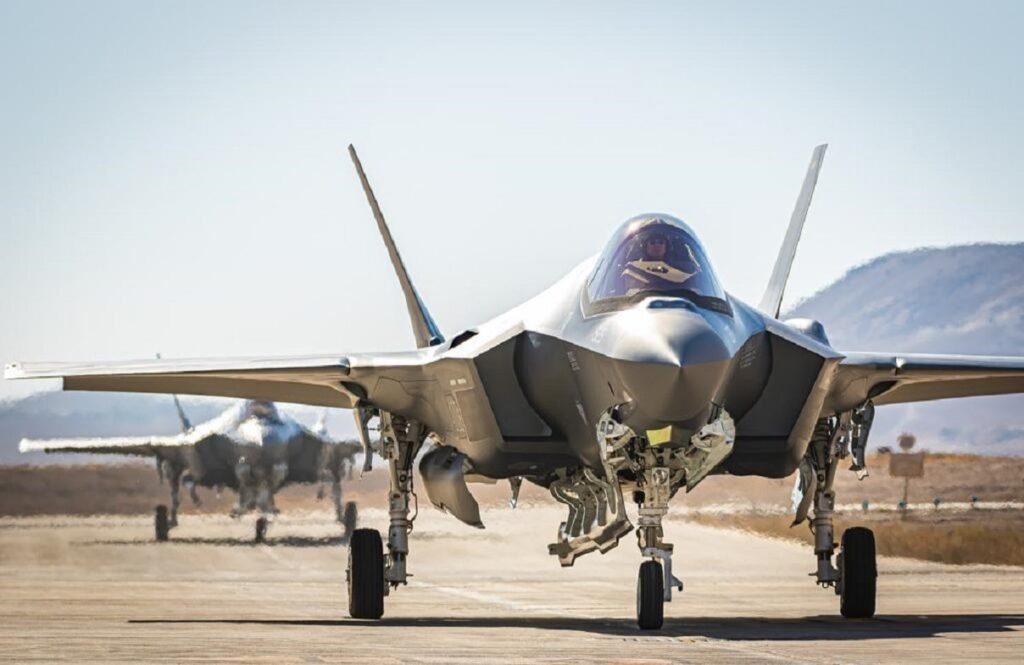
Israeli F-35Is
According to foreign media, the most advanced long-range strike missile is the Jericho-3, believed to have two or three-stages, using solid propellant and having a payload of 1,000 to 1,300 kg. The payload could be a single 750 kg nuclear warhead or two or three low-yield Multiple Independently Targetable Reentry Vehicle (MIRV) warheads. The Jericho-3s range is estimated to be more than 5,000 km.
“When war breaks out, many missiles will be launched into Israel, and we will do everything to prevent it, and it will not be easy and require Israel attacks on targets in open areas and built areas,” Ben Yishay writes.
Air Force special ops commander tapped to lead Air Force Academy, other nominees announced
The Pentagon announced nominees for other key Air Force roles, such as a new deputy chief of staff for plans and programs.


